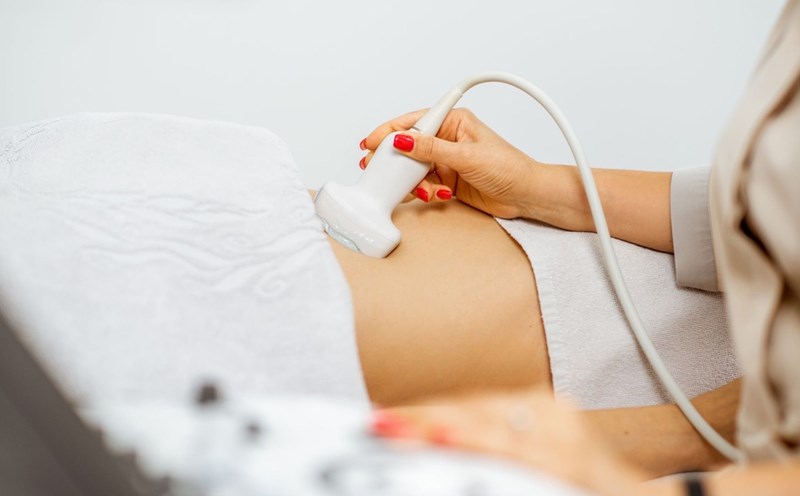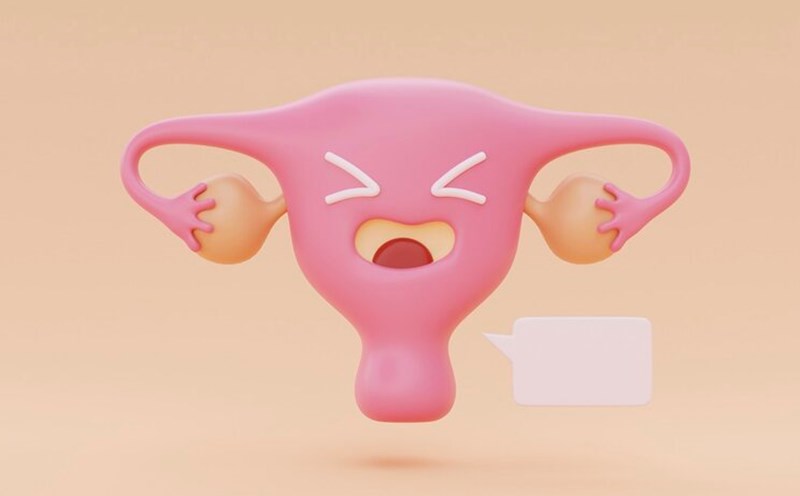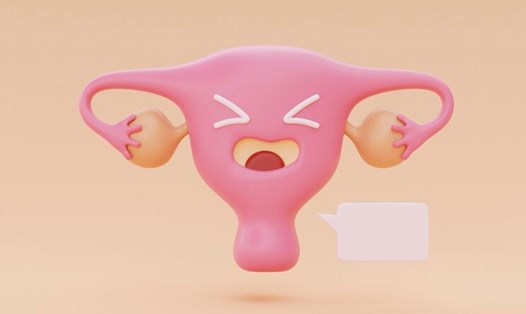Irregular menstruation is one of the common problems in women, but it is not always just a simple hormonal change. According to Dr. Mansi Medhekar, a gynecologist at Lilavati Hospital (India), there are many causes of cycle disorders and they can warn of more serious health problems, depending on each person's age and lifestyle.
adolescents (1218 years old): Changes due to body development
In puberty, menstrual cycles are not normal because the reproductive and hormonal organs are still perfecting. If you dont have unusual signs like weight gain, fatigue, or severe pain, you dont need immediate medical attention, says Dr Medhekar. However, if the condition persists or there are accompanying symptoms, the doctor may prescribe an endocrine test or ultrasound for further examination.
A healthy lifestyle plays an important role in supporting the stable development of the reproductive system. According to the Journal of the Nepatological Medical Association, a adequate diet, adequate sleep and regular physical activity are fundamental factors to maintain.
Women of reproductive age (1845 years): Endocrinology and lifestyle are the main causes
In this age group, irregular periods often stem from hormonal disorders such as polycystic ovary syndrome (PCOS), thyroid disorders or irregular use of birth control pills.
In addition, physical causes are also common, such as:
Ovarian cysts, uterine fibroids, or endometriosis, are often detected via ultrasound.
Postpartum or miscarriage effects: Abnormalities often resolve on their own after a few months.
Obesity and a sedentary lifestyle: Overweight not only causes menstrual disorders but also makes the cycle heavier, warns Dr Medhekar. Recommendations often include lifestyle changes, diet, and sometimes taking weight loss supportive drugs.
Notably, habits such as working night shifts, smoking, drinking alcohol or not getting enough sleep have also been shown to affect the menstrual cycle, according to Frontiers in Human Neuroscience.
Premenopause (4555 years old): Beware of unusual signs
Premenopause is often accompanied by hormonal disorders when the ovaries begin to lose function. However, it is impossible to ignore underlying diseases. Women at this stage are also susceptible to problems such as uterine fibroids, polyps, uncontrolled diabetes or high blood pressure, all of which can aggravate irregular periods, says Dr Medhekar.
According to the World Health Organization, supplementing micronutrients, synthetic vitamins and controlling underlying diseases is a necessary solution, in addition to drug intervention or surgery if prescribed.
Irregular menstruation is not always dangerous, but if you show the following signs, you should see a doctor immediately:
He bled too much, took a taiwan every hour for many consecutive hours.
Severe abdominal or pelvic pain.
Disordered cycles after age 40.
Weight gain/ loss of unknown cause.
Other symptoms include extreme fatigue, mood swings, or unusual hair growth.
The menstrual cycle is an example of a woman's reproductive health. Any unusual changes deserve serious medical monitoring and assessment," Dr. Mansi Medhekar emphasized.











